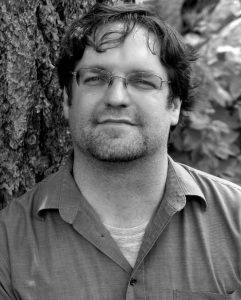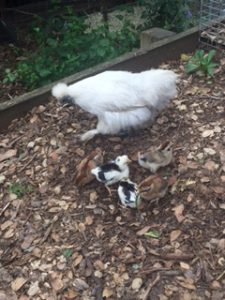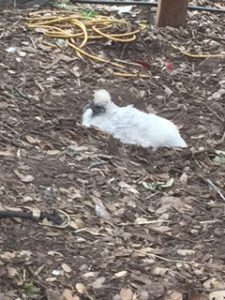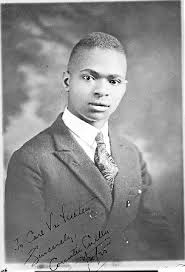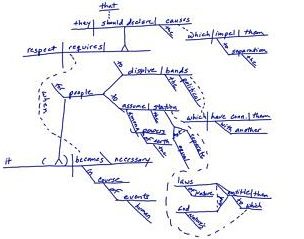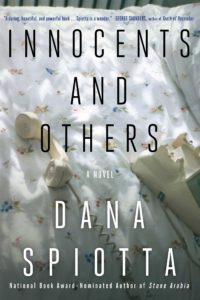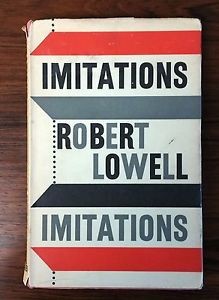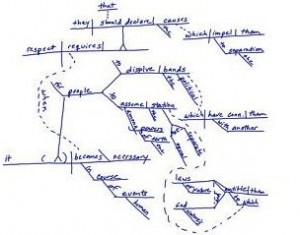 I’ve been reading a slim novel by Forrest Gander called A Friend. It’s a novel in three parts that closely parallels a real life event. The part told by the lover, Sarah, is made up of mostly one-line statements about her lover and her grief at his death. Here are a few samples:
I’ve been reading a slim novel by Forrest Gander called A Friend. It’s a novel in three parts that closely parallels a real life event. The part told by the lover, Sarah, is made up of mostly one-line statements about her lover and her grief at his death. Here are a few samples:
“The first man I went down on. You tasted like well water.”
“When you opened my shirt, you stepped back and said, They must be jealous of each other.”
“The red-bellied woodpecker swerves over the primroses and claps itself to the crab apple trunck as if a magnet had drawn it. In dreams, that’s how I come to you.”
“Not seeing the cup in the bathroom, you brought me a mouthful of water in your mouth.”
“You do not age. Someone else will watch me grow old.”
There are many others I could quote. The way they form a portrait of the beloved, the relationship, the grief, is extraordinary. And the short, final section is as gorgeous an aria of vulnerability and connectedness as I’ve ever read.
